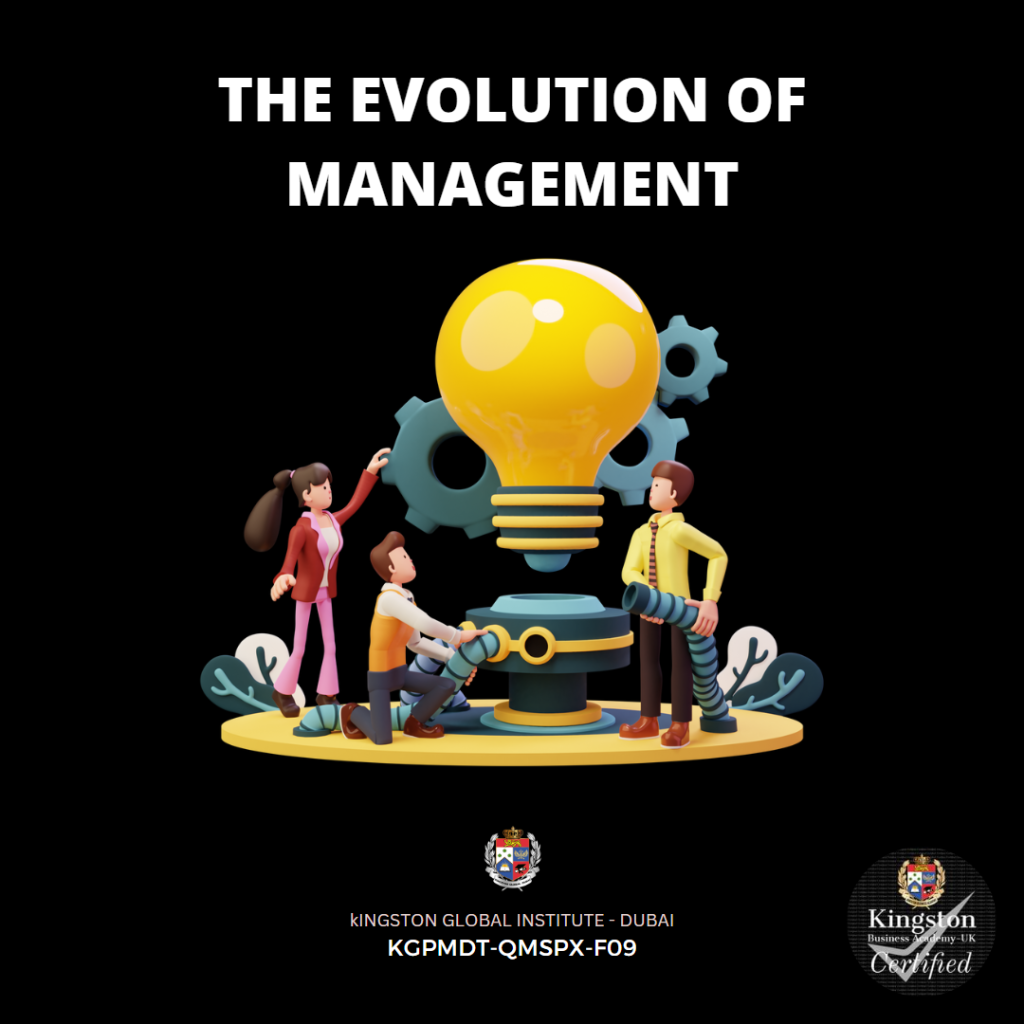Management roles are constantly in flux, as organizations strive to find the perfect balance between control and empowerment. Fayol’s 5 functions of management provide a useful framework for thinking about these roles, but in reality they are often much more fluid.
One of the biggest challenges for managers is finding the right balance between control and empowerment. On one hand, you need to be able to exert some degree of control over your team in order to ensure that tasks are completed and goals are met. On the other hand, you also need to empower your team members to take ownership of their work and make decisions for themselves. It can be a delicate balancing act, and it’s one that managers are constantly trying to perfect.
Fayol’s 5 functions of management – planning, organizing, coordinating, commanding, and controlling – provide a useful framework for thinking about these different roles. However, in reality they are often much more fluid. For example, a manager might spend more time on planning during periods of change or upheaval, while during periods of stability they might focus more on coordinating and controlling. The important thing is that managers adapt their approach to meet the needs of their team and organization at any given time.


